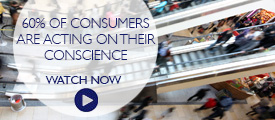After 187 years one of the London’s oldest hotel restaurants, Simpsons-in-the-Strand, part of The Savoy, could be closing according to The Londonist. This could indicate a shift in attitudes towards food and beverage in the industry. But while it may be the end for this traditional establishment other hotel brands are taking on more F&B projects and finding new ways to make them stand out. How integral are restaurants to a hotel experience? Our experts discuss the importance of F&B:
The Savoy is managed by Fairmont Hotel and Resorts and has six restaurants and bars. Simpsons-in-the-Strand offers a very traditionally British dining experience but may be bought and rebranded by another operator, according to the report.
On 16 January IHG acquired Kimpton Hotels & Restaurants for $430 million. Kimpton operates 71 hotel-based destination restaurants and bars. This is not the only area where IHG is showing an interest in F&B. IHG’s Hotel Indigo boutique brand has launched a new “food and drink philosophy” focusing on “Locally crafted” products. The brand is running a competition in the UK to find “Britain’s favourite local food artisan” and has celebrity chef Jimmy Doherty on the judging panel.
Finally, DoubleTree by Hilton has pulled in award winning chef Jean-Christophe Novelli for it’s new property in Liverpool, which opens in April this year.
If you’ve been sent to this page and you’re not yet on the circulation list to receive these regular briefings and you would like to sign up, you can do see here. It’s free.
Video clips produced by ybc.tv for the Hospitality Channel, including interview from industry conferences such as the IHIF conference as well as specific Hospitality Channel shoots.









